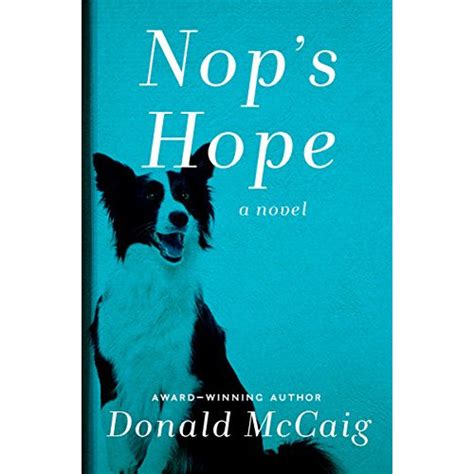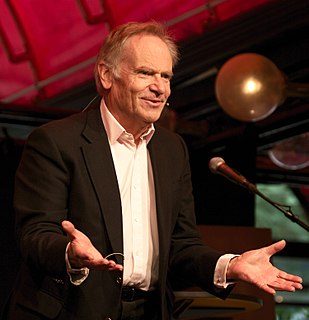A Quote by Donald McCaig
More often than we care to admit, inconsequential decisions change our lives.
Related Quotes
People often seem to think that when you're following the Lord and trying to do His will, your path will always be clear, the decisions smooth and easy, and life will be lived happily ever after and all that. Sometimes that may be true, but I've found that more often, it's not. The muddled decisions still seem muddled, bad things still happen to believers, and great things can happen to nonbelievers. When it comes to making our decisions, the key that God is concerned with is that we are trusting and seeking Him. God's desire is for us to align our lives with His Word and His will.
Probably I have more phobias, fear and eccentricities than I would care to admit. I don't think I'm in danger of losing my mind, but I do often question my own behavior. I have a very bad temper, and it's not always healthy for me and for others. I make my way in the world more difficult, and I could do with a little more yoga.
Nothing has given me more hope recently than to observe how simple conversations give birth to actions that can change lives and restore our faith in the future. There is no more powerful way to initiate significant social change than to start a conversation. When a group of people discover that they share a common concern, that's when the process of change begins.
But what does it mean to be on God's side? I believe it starts with focusing on the common good - not just in politics, but in all the decisions we make in our personal, family, vocational, financial, communal, and, public lives. That old but always new ethic simply says we must care for more than just ourselves or our own group. We must care for our neighbor as well, and for the health of the life we share with one another. It echoes a very basic tenet of Christianity and other faiths - love your neighbor as yourself - still the most transformational ethic in history.
Person who lives with the stress of an overwhelmed schedule will often ache with the sadness of an underwhelmed soul. So if we want to live better and invest wisely in our souls, we've got to change our approach to the way we make decisions. We've got to rethink how we use the two most powerful words, yes and no.
Some decisions are obviously much more inconsequential than others. For example, let's say you choose the blue shirt over the red one; not much is likely to change. Red meat over white meat once a week won't likely make a huge difference in your health. But if you believe that grilled chicken is healthier than a cheeseburger, your lunch choice might cause you to pause; especially if you know that the cheeseburger also comes with fries and a large chocolate shake.
I believe people think as a group more often than we might realize or care to admit. We like to believe that we act as individuals and nothing more, but time and again - in corporations and business, in politics and religion, in fashion and culture, and in friendships and social circles - we think and do as one.







































